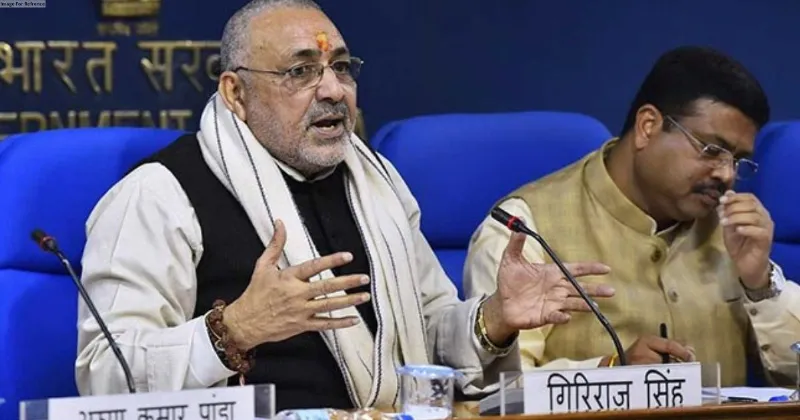Latest News
STOP FOOD LOSS AND WASTE FOR THE PEOPLE, FOR THE PLANET

Globally on average we produce, 74 kilograms of food waste per capita per year, which is even higher than average weight of a person. Last year, nearly 780 million people around the world experienced hunger. If we estimate that one person requires two meals a day and every meal is average 250 gms. per capita, every individual would be able to feed approximately 200 people a year. This means that if food wastage is minimized, hunger can be greatly alleviated in the human population.
To provide ample food for one person’s sustenance with two meals a day, approximately 600 grams of food are needed daily.
The issue of food loss and wastage is not only connected to hunger but also has adverse effects on the environment and resource consumption. In view of this, the United Nations declared September 29th as an International Day of Awareness of Food Loss and Waste. Seven years back, entire world unanimously decided to achieve Sustainable Development Goals by year 2030. Out of 17 SDGs, Goal 12 is highlighting Responsible Consumption is of utmost importance as it is achievable with contribution of every single individual. It also aims at reducing food wastage through responsible consumption. Within Goal 12, at 12.3 it was committed to halve the food waste at Retail and Consumption level which is easily attainable.
They recognized that a significant portion of food, approximately one third of total production, according to statistics, is lost or wasted, which contributes to both environmental degradation and food scarcity. Efforts were made to reduce this wastage by half, with a focus on sustainable development and responsible consumption.
Many countries are having Agriculture as main basis of their economy through the cultivation of crops. Every year, approximately 11 Billion tonnes of food get produced worldwide, but nearly 30 percent of it is lost or damaged. It is estimated that food wastage and loss are significant contributors to overall pollution, which can be significantly mitigated. Food wastage, which means the loss of food from the farm to the fork, is primarily caused by factors like inadequate storage, transportation, essential infrastructure, and market access. Additionally, the wastage of food and its subsequent consumption by consumers are also major culprits, contributing to the overall problem. Loss and Wastage of food indirectly impacts pockets of common man as cost of this 30% loss or waste is loaded on remaining stock, further due to increased cost of food it goes beyond reach of people at bottom of pyramid. This loss or damage occurs due to various reasons such as inadequate storage, transportation resources, basic infrastructure, and market facilities, as well as postharvest losses and wastage in consumption. This not only results in economic losses but also has serious environmental implications.
The development of essential infrastructure is essential, but it is equally important to address unwanted wastage and losses that occur at the consumer level or even at the retail level. Implementing food loss and waste laws and regulations, such as anti-hoarding laws, is necessary to combat food wastage. India and many other countries have implemented innovative solutions like food collection, preservation, and distribution to address this issue. These initiatives have been successful in reducing hunger and preventing food wastage, especially in times of crisis. Most of these initiatives did not sustain due to lack of organised and institutionalised set up, 24x7 working, being just impulsive and above all lack of support at Government level. There is dire need to have a robust policy to establish Food Waste & Loss rescue and recovery system along with making it a punishable offence. Wastage of food is not limited to loss of direct material, but also there is also huge wastage of water and energy used in its cultivation. Importance of water is discussed in many forums.
Dr Vivek S. Agrawal





















